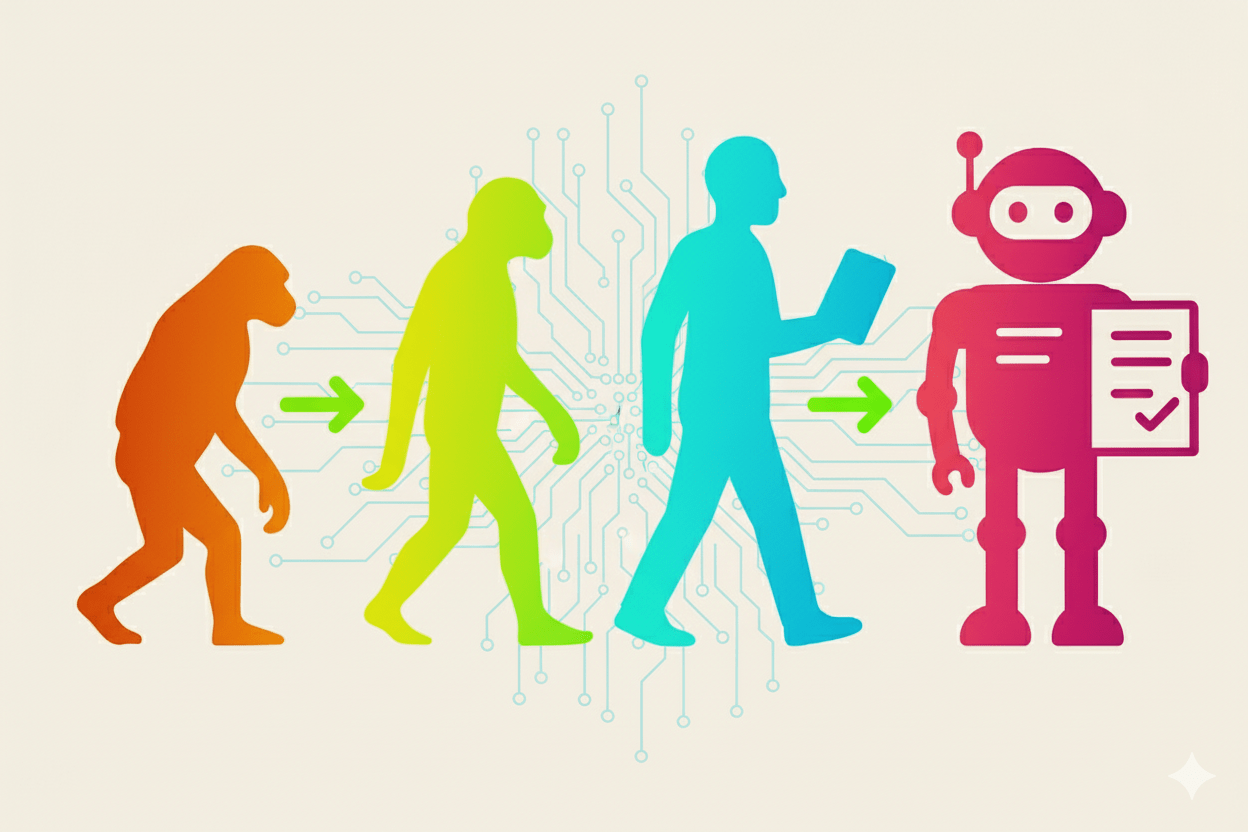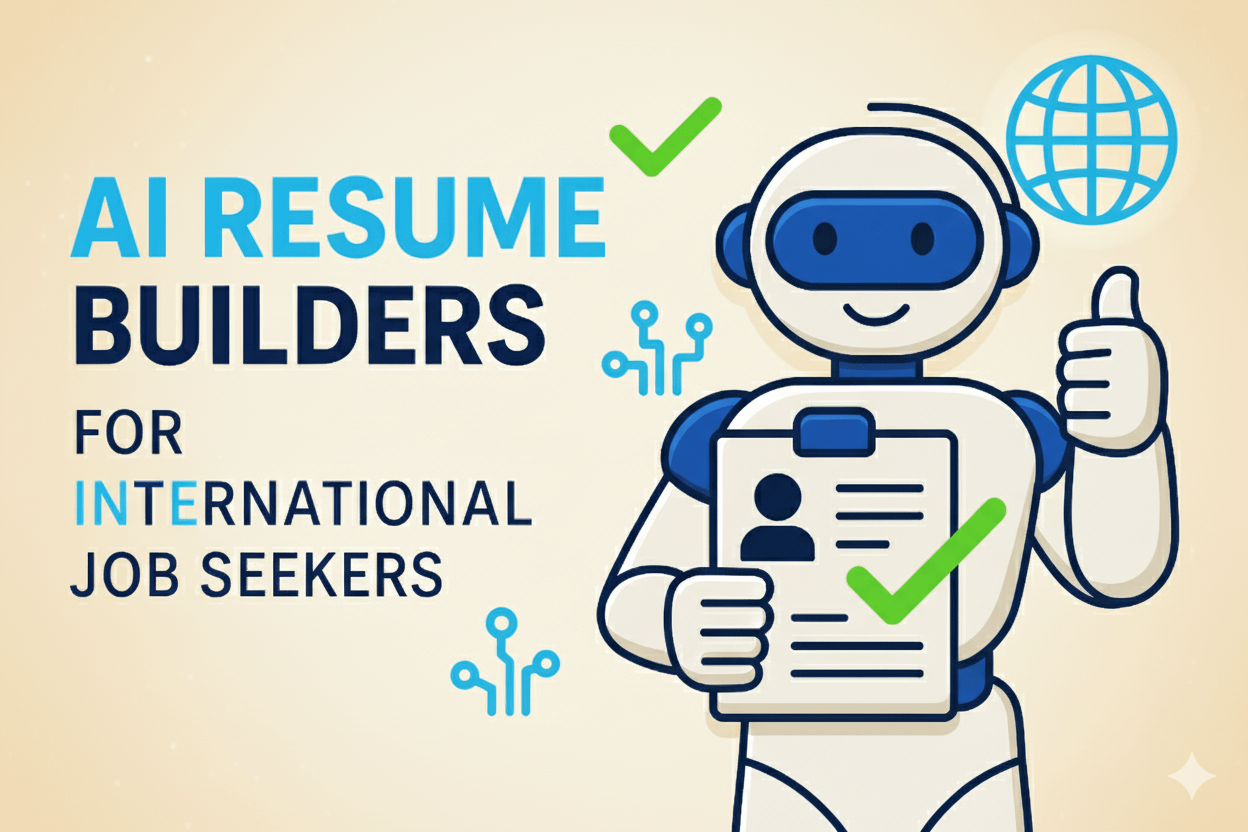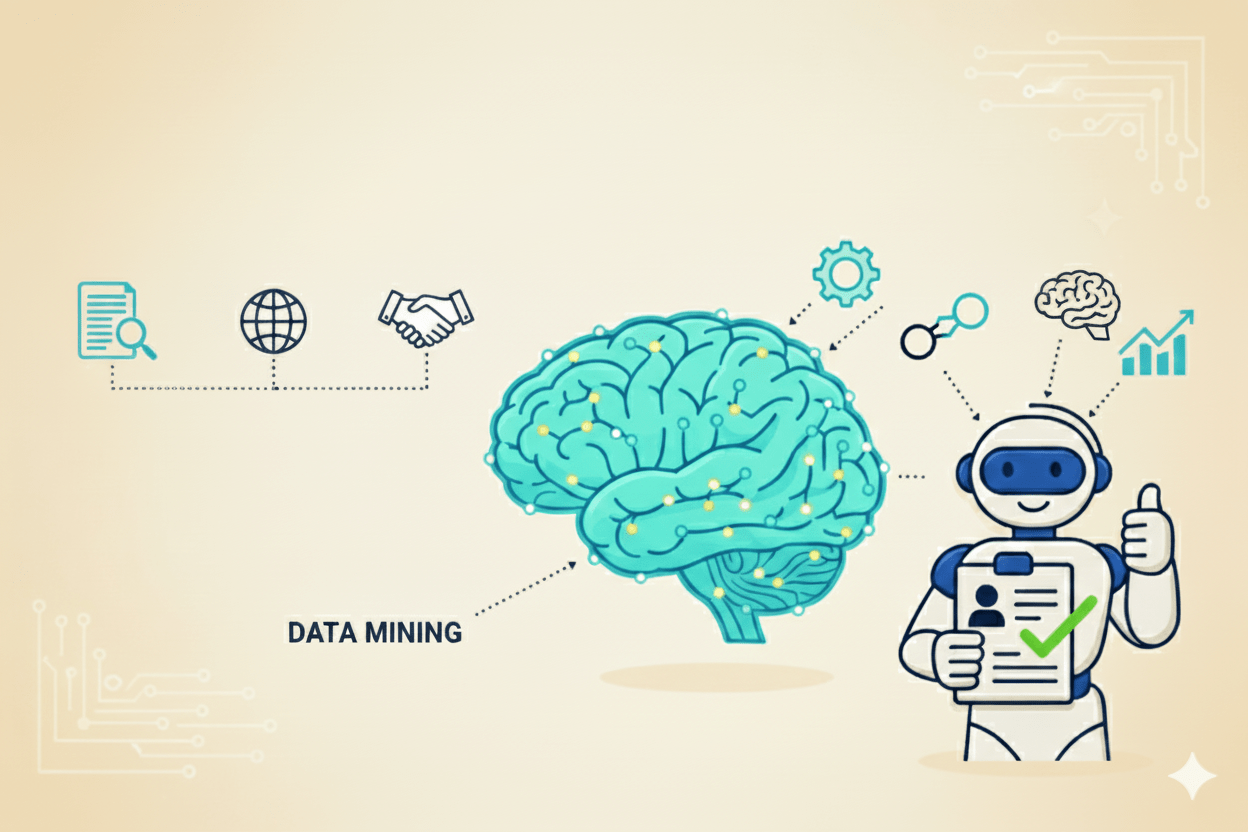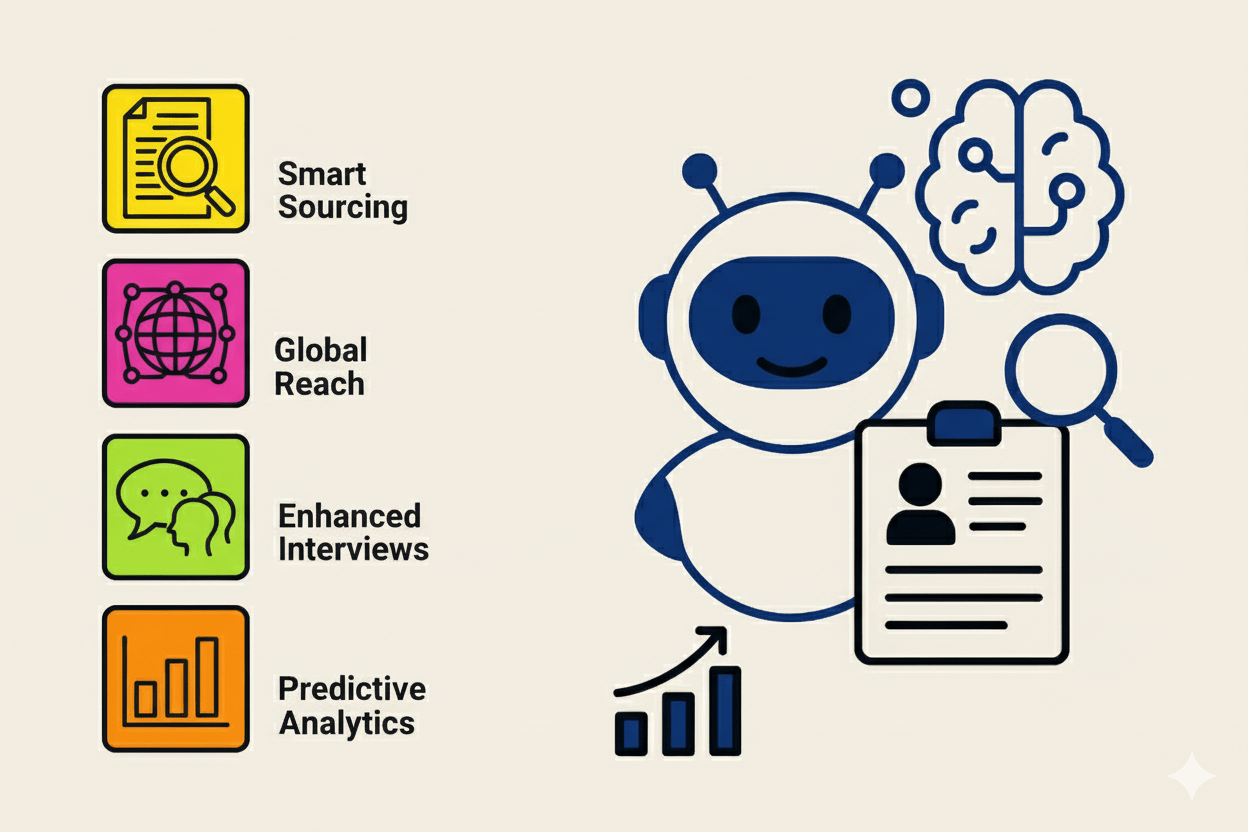AI and Remote Work
AI and Remote Work: Shaping the Future of Employment
Introduction
The rise of remote work, accelerated by the pandemic, has converged with rapid advancements in AI technology. This powerful combination is revolutionizing workplaces across industries, driving changes in how we work, collaborate, and manage teams. Let’s explore AI’s transformative impact on remote work and how it’s shaping our professional landscape.
AI-Enabled Tools for Remote Collaboration
- Enhanced Communication and Productivity
- AI-powered virtual assistants organize meetings, schedule tasks, and summarize key discussion points, streamlining workflows for remote teams.
- Real-time translation tools in video conferencing platforms break down language barriers, fostering collaboration in diverse, geographically dispersed teams.
- Intelligent project management software provides data-driven insights into team performance, task dependencies, and potential roadblocks for remote projects.
- Augmented Collaboration and Creativity
- AI-powered writing tools assist with grammar, tone, and style suggestions, improving written communication in remote settings.
- AI-based brainstorming and idea generation platforms create a virtual environment for remote team members to contribute and build off each other’s concepts.
AI’s Role in Remote Workforce Management
- Data-Driven Performance Monitoring
- AI analyzes keystroke patterns, browsing history, and communication for productivity insights. However, this raises concerns surrounding employee privacy and the need for balanced use alongside trust-based management.
- Personalized Learning and Development
- AI recommends tailored training and development resources based on an individual’s skill gaps and job role, empowering remote employees with continuous upskilling opportunities.
- Promoting Team Wellness
- AI-powered mood assessment tools analyze sentiment in workplace communications, enabling early detection of potential burnout or conflicts within remote teams. This allows leaders to take proactive measures to promote wellbeing.
Reshaping the Remote Work Experience
- Hyper-Personalization
- AI tailors virtual workspaces, communication preferences, and training modules to individual employees, improving engagement and overall work satisfaction in remote environments.
- Expanded Talent Pools
- AI recruitment tools help find the best remote candidates regardless of location, giving employers access to a wider range of talent and potential.
- The Rise of Virtual Teams
- AI facilitates the efficient assembly of on-demand, virtual teams of experts from anywhere in the world, tailored for specific projects. This enables flexibility and agility in modern organizations.
Statistics on AI and Remote Work
- [A McKinsey study] found that AI and automation have the potential to displace 400 to 800 million jobs by 2030, although also likely to create new forms of work.
- [According to an Upwork report] 73% of companies will have 25% or more of their workforce operating remotely by 2028 .
Navigating Challenges and Opportunities
- The Need for ‘Soft Skills’ Development
- With AI automating routine tasks, critical thinking, adaptability, and strong communication become more crucial for success in remote settings.
- Addressing Isolation and Connection
- Companies need to invest in virtual team-building initiatives to foster trust and camaraderie among distributed teams.
- Cybersecurity in Distributed Teams
- Remote work setups demand enhanced cybersecurity measures and training to safeguard sensitive data.
- Ethical AI and Fair Practices
- As AI monitoring tools advance, companies need to establish transparent guidelines and ethical frameworks surrounding their use, ensuring employee trust and fair labor practices.
The Future: AI-Human Collaboration
While AI promises incredible potential, it’s crucial to recognize its optimal role as an augmentation, not a full replacement, for human skills:
- AI handling routine tasks frees humans for strategic thinking, creativity, and complex problem-solving that drive success in remote environments.
- AI and human decision-making should work in tandem to avoid the pitfalls of either extreme (algorithmic bias vs. entirely subjective choices).
Conclusion
AI is irreversibly transforming the world of work, and its impact on remote work is undeniable. By harnessing AI tools thoughtfully, addressing potential challenges, and fostering a culture of continuous learning and adaptability, companies and individuals can thrive in this dynamic new era. The future of work is one of collaboration between humans and intelligent machines, leading to increased flexibility, productivity, and innovation.







